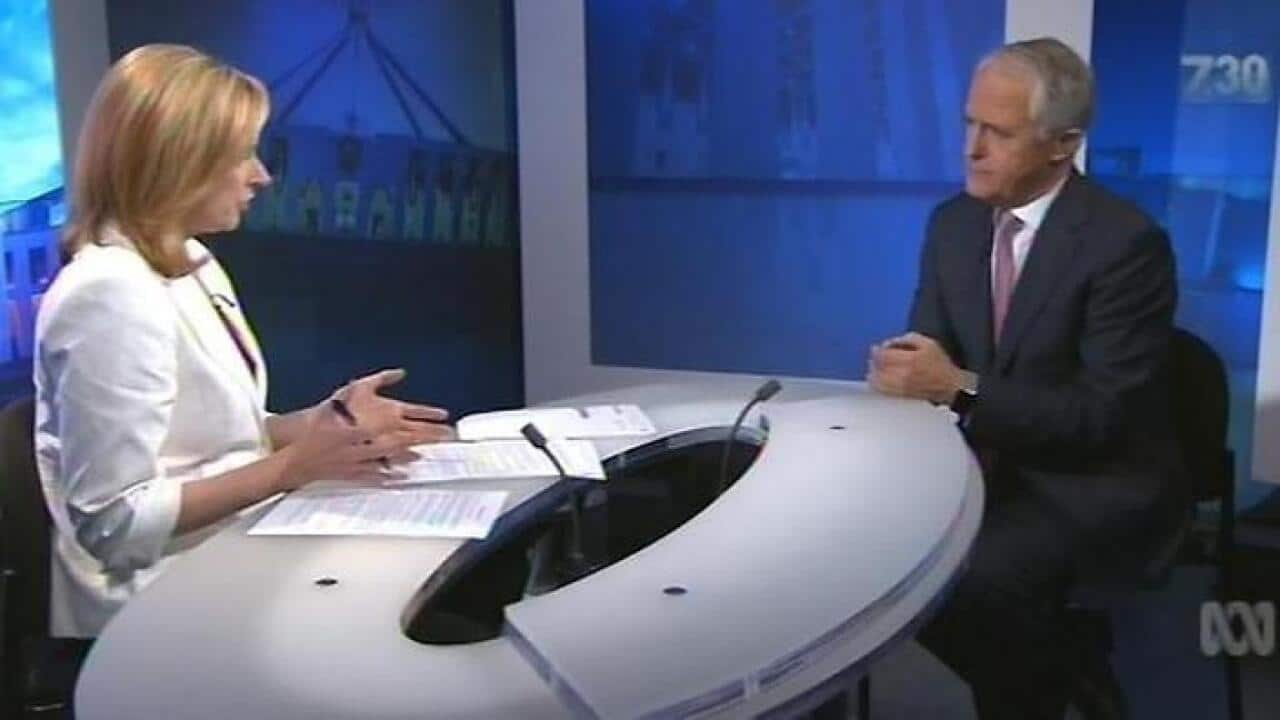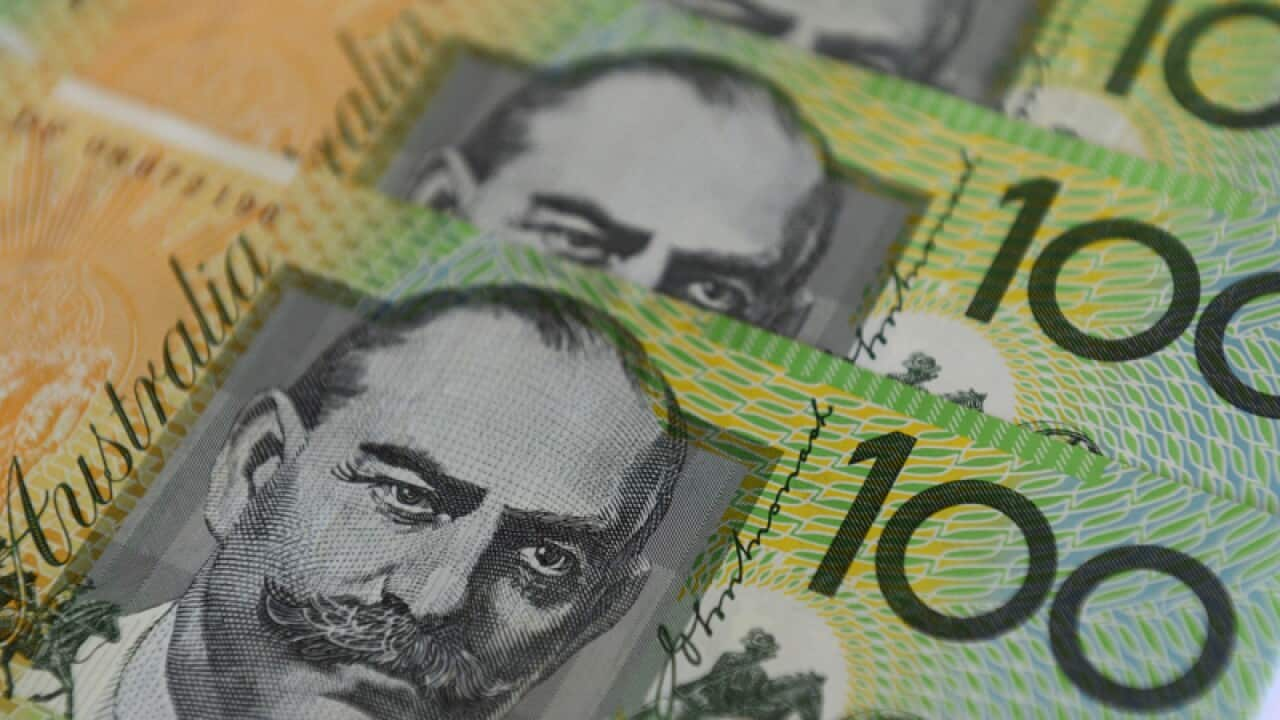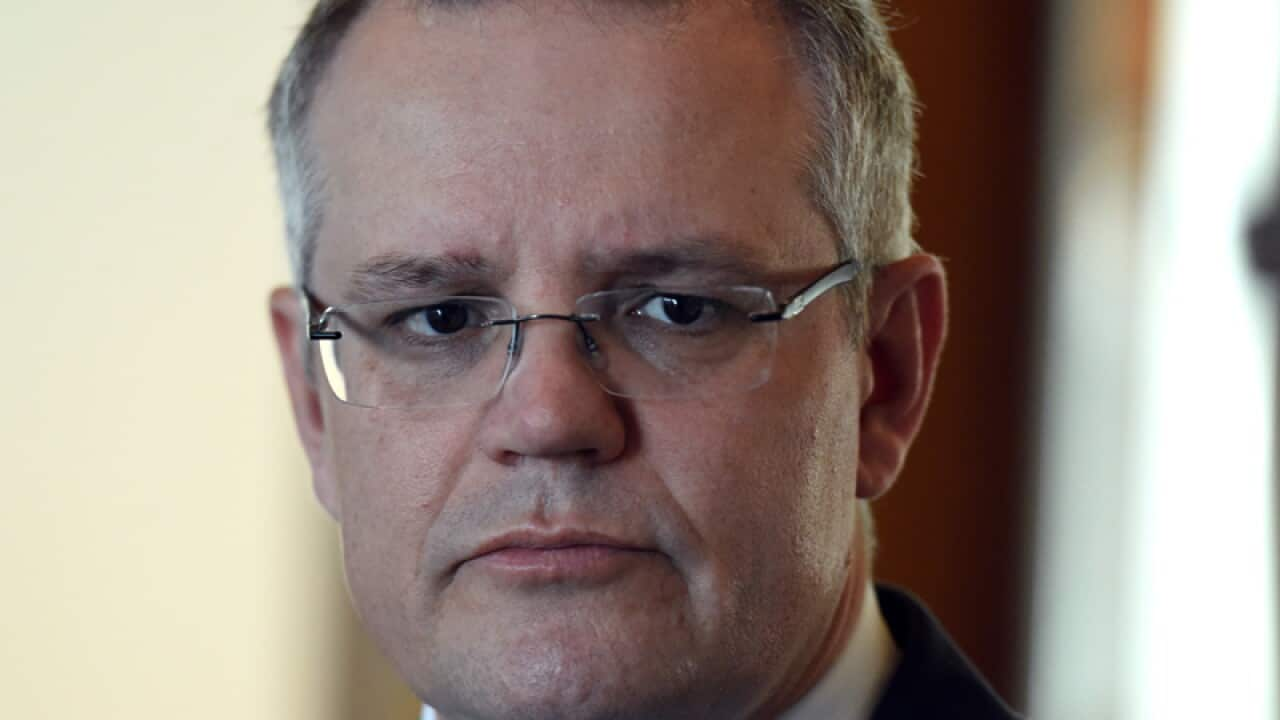Right now within Australian politics a phony tax war is being fought. The war has been declared, but there is only one combatant. What can be lost however in the skirmish over tax is that it is only part of a much larger conflict – and the ALP would be wise not to concentrate all its forces on the GST.
As anyone who has heard Malcolm Turnbull in the past few weeks would know, right now is apparently the most exciting time to be an Australian (personally I’d have picked the two weeks during the Sydney Olympics as the most exciting time, but then I’m a sports nut) and that when it comes to tax all things are on the table.
And that table is very big, but actually quite empty. Because while not playing the ruling in or out game does allow for a certain level of debate, right now the debate is pretty much one-sided.
The ALP spent most of this week asking the Prime Minister and the Treasurer what will be the impact of raising the GST.
The response shifted somewhat over the course of the week.
On Monday, the standard response was to argue that “the government does not have a proposal to increase the GST.” Given everyone knows the issue is being considered within the government, this retort had all the validity of my suggesting to my children that this year I have no plans to buy them Christmas presents.
On Tuesday, the response shifted to arguing that asking about the impact of a raise in the GST was playing “old politics” – the politics of rule-in rule out, of smear and distortion.
That line had some merit, though it was considerably weakened when the Prime Minister himself decided to attack the ALP because the “Howard government left office with $44 billion of cash in the bank—a net negative debt. Labor left office six years later with net debt of $202 billion”, all without even a passing reference to the GFC.
By Wednesday, Turnbull was castigating his former self when he was opposition leader for having asked rule-in rule-out questions to the then Prime Minister, Kevin Rudd. He also shifted to giving some detail about what might happen should any changes to the GST be made, and why.
But at no point in this debate was anyone from the government really advocating for a change to the GST.
There has been a lot of general waffle – with the Prime Minister himself a couple times this week outlining the issues in general terms. He told Parliament on Wednesday that “the advantage of a consumption tax is that it does not distort economic activity” but that “the problem with a consumption tax is that it applies to everybody, regardless of income.”
READ MORE

Comment: Turnbull loves to waffle
It was all very even handed as he explained the arguments of those who suggest a GST is a more efficient tax compared to income tax, and he even noted that should any changes be made the government would provide compensation.
But it wasn’t really a debate.
The ALP is arguing against a rise in the GST – focussing on the regressive nature of the tax. And yes they are underplaying the ability to compensate (indeed even over-compensate as occurred with the introduction of the GST and also the carbon tax). But the other side isn’t really arguing for a rise in the GST.
For now the fight is one side attacking specifics and the other side barely even arguing generalities. Yes there is talk of the need for reform, but other than the argument that bracket creep requires some income tax cuts, there is nothing from senior members of the government as to why a GST is preferred to changes to the superannuation concessions or the medical levy or anything else.
At the moment we wait for the government to release its options paper on the “Better Tax” review. At that point the debate may get closer to the government actually taking a stand, but more likely will see it still sounding out a range of possibilities on which it will then further consult. Then at some point next year – possibly before the election - a white paper will be released containing the government’s position.
At that point we will finally see the government argue for a policy.
Now this process is all nice and mature but it also involves great advantages for the government and a few traps for the opposition.
For now the government can duck and weave, and not have to take much heat for any policy proposals because there are no actual proposals.
At some stage Malcolm Turnbull will have to bring his advocacy skills to the public and argue for specific details; but for now he can just give everyone economic history lessons and sound like he is undecided on what he might favour.
If the ALP keeps focussing on the fear of changes to the GST it needs to be careful that their argument comes to naught if – as expected – the government actually recommends changes to the GST in a way which has lower and middle income households no worse off. It is not enough to just scream GST – the ALP will need to come up with an alternative – and it will need to be about more than just tax.
In the end the tax debate will not actually end up being about the GST, nor even just about tax – it will most importantly be about what that tax revenue is spent on – and how much is needed.
The real war will be over what type of public education and health do we have, what type of safety net exists, what level of funding is spent on child care, on paid parental leave, on the arts, or on community services.
The GST is just a battle in the broader war over what the public expects the government to provide. And this is a much bigger fight because it is in effect a fight over what type of society Australia should be.
Share


